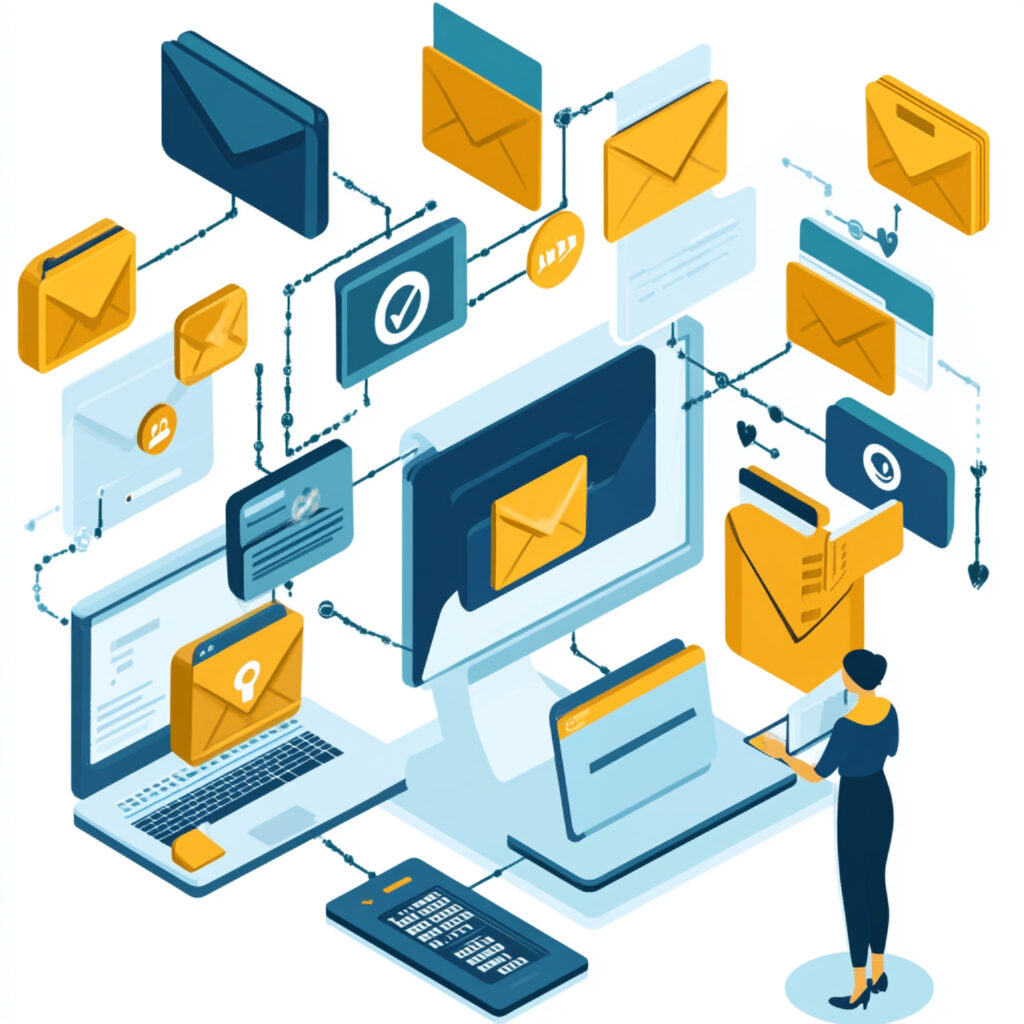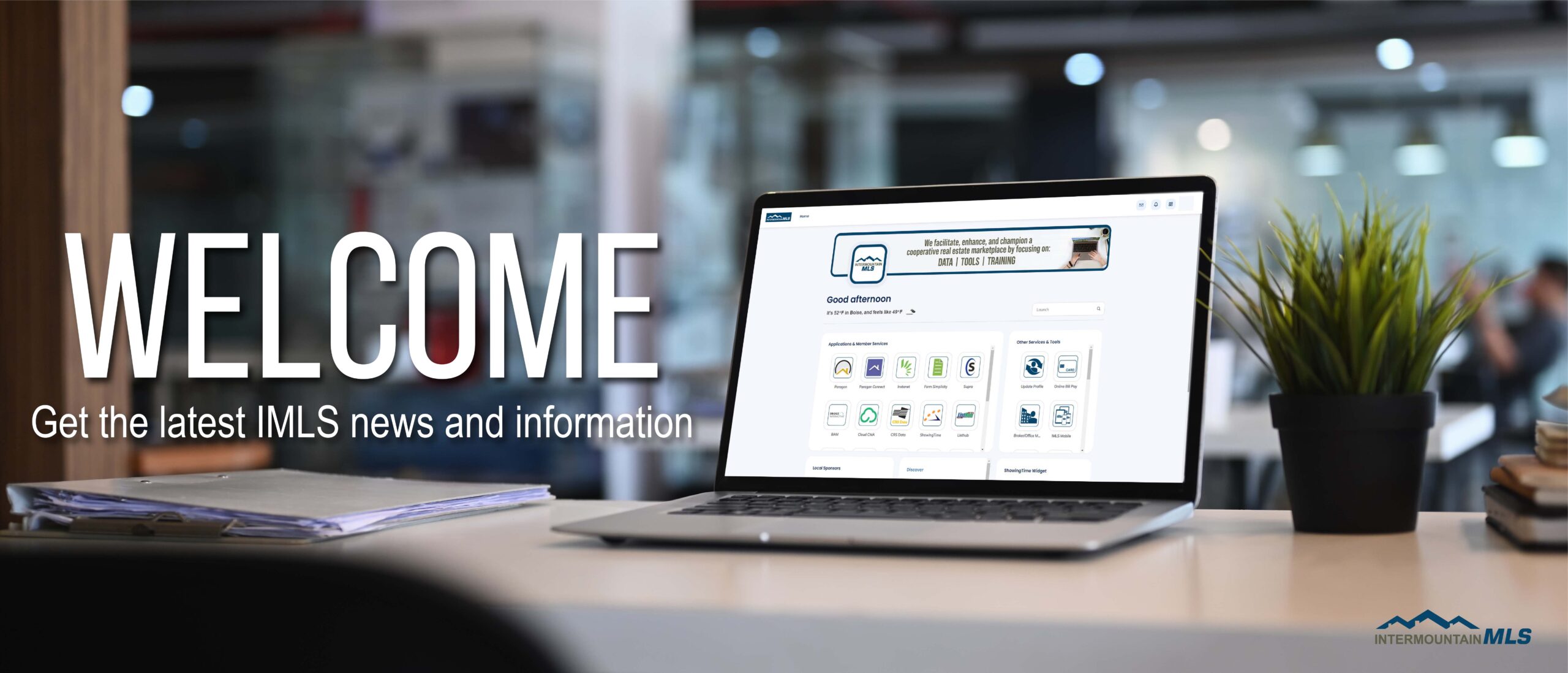
1. Create specific folders or labels. Set up folders or labels for different categories such as active clients, new leads, property inquiries, closed deals, vendors or contractors, marketing or advertisements, and personal or administrative. This helps you find relevant emails quickly and prevents your inbox from becoming overwhelming.
2. Use filters or rules to automate sorting. Automate your email system by creating filters or rules that automatically sort incoming emails into appropriate folders based on criteria like sender, subject, or keywords. For example, emails from specific clients or real estate platforms can automatically be directed into their respective folders, and property inquiries can be tagged and moved to a “New Leads” folder.
3. Set up email templates. Create email templates for common communication needs like follow-ups, property listings, and responses to inquiries. This saves time and ensures consistency in communication.
4. Unsubscribe from unnecessary emails. Regularly clean your inbox by unsubscribing from newsletters or promotional emails you don’t need. Use tools to simplify this process.
5. Use the star or flag feature for priorities. Use stars or flags to mark high-priority emails, such as urgent client requests or pending transactions. This allows you to easily locate and address the most important tasks first.
6. Archive non-essential emails. Once you’ve addressed an email or it’s no longer immediately relevant, archive it instead of letting it clutter your inbox. This keeps your inbox clean without deleting important information.
7. Set time blocks for email management. Designate specific times in your day to check and respond to emails. Avoid constantly checking your inbox throughout the day, as it can be a major distraction. Instead, handle emails in batches during scheduled times.
8. Use an email tracker. Email tracking tools let you know when your emails are opened. This can help with follow-ups and managing client responses effectively.
9. Organize email chains for transactions. For each property transaction, keep email threads organized by grouping all related emails such as buyer or seller communication, inspection details, and legal documents into one folder for easy reference.
10. Backup important emails. Use cloud services or export key email chains related to closed deals, contracts, and financial records to avoid accidental loss. It’s especially useful for real estate agents to have a backup system in place for critical communications.
By applying these methods, you can maintain a well-organized inbox, streamline communication, and enhance productivity.
